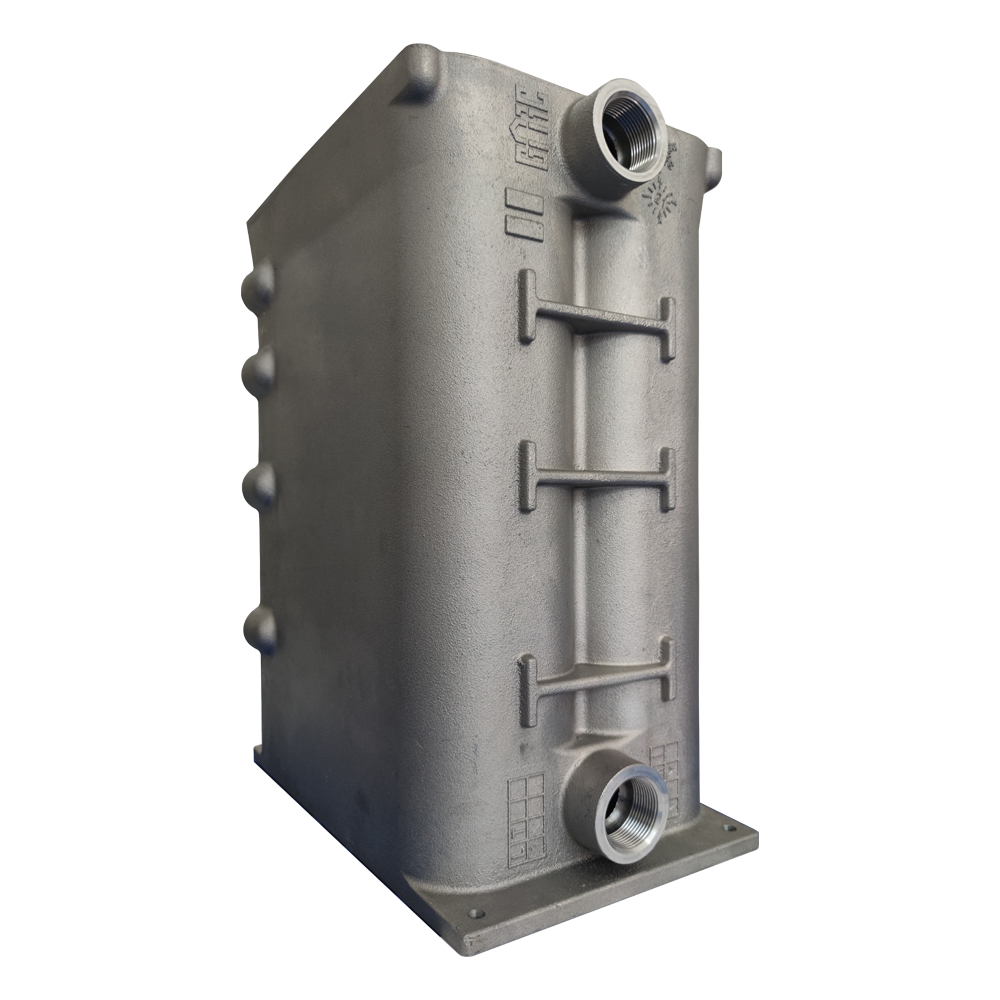- Afrikaans
- Albanian
- Amharic
- Arabic
- Armenian
- Azerbaijani
- Basque
- Belarusian
- Bengali
- Bosnian
- Bulgarian
- Catalan
- Cebuano
- China
- China (Taiwan)
- Corsican
- Croatian
- Czech
- Danish
- Dutch
- English
- Esperanto
- Estonian
- Finnish
- French
- Frisian
- Galician
- Georgian
- German
- Greek
- Gujarati
- Haitian Creole
- hausa
- hawaiian
- Hebrew
- Hindi
- Miao
- Hungarian
- Icelandic
- igbo
- Indonesian
- irish
- Italian
- Japanese
- Javanese
- Kannada
- kazakh
- Khmer
- Rwandese
- Korean
- Kurdish
- Kyrgyz
- Lao
- Latin
- Latvian
- Lithuanian
- Luxembourgish
- Macedonian
- Malgashi
- Malay
- Malayalam
- Maltese
- Maori
- Marathi
- Mongolian
- Myanmar
- Nepali
- Norwegian
- Norwegian
- Occitan
- Pashto
- Persian
- Polish
- Portuguese
- Punjabi
- Romanian
- Russian
- Samoan
- Scottish Gaelic
- Serbian
- Sesotho
- Shona
- Sindhi
- Sinhala
- Slovak
- Slovenian
- Somali
- Spanish
- Sundanese
- Swahili
- Swedish
- Tagalog
- Tajik
- Tamil
- Tatar
- Telugu
- Thai
- Turkish
- Turkmen
- Ukrainian
- Urdu
- Uighur
- Uzbek
- Vietnamese
- Welsh
- Bantu
- Yiddish
- Yoruba
- Zulu
ታኅሣ . 23, 2024 18:59 Back to list
High-Quality Cast Iron Components for Durable and Reliable Applications
The Significance of Cast Iron Parts in Modern Manufacturing
Cast iron, a renowned material in the realm of manufacturing, has been a cornerstone for creating durable and resilient components across various industries. From automotive to industrial machinery, cast iron parts have carved out a special niche due to their unique properties, making them an invaluable asset in designing high-performance products.
Understanding Cast Iron
Cast iron is an iron-carbon alloy that contains 2% to 4% carbon, along with varying amounts of silicon and other alloying elements. The characteristics of cast iron can vary significantly depending on the composition and the manufacturing process, leading to a range of types, including gray iron, ductile iron, white iron, and malleable iron. Gray iron, for instance, is widely used for engine blocks and housings due to its excellent machinability and compressive strength, while ductile iron is favored in applications requiring higher tensile strength and ductility.
Properties of Cast Iron Parts
One of the most compelling advantages of cast iron parts is their exceptional durability. They exhibit high wear resistance, making them ideal for applications involving heavy friction and abrasion. Additionally, cast iron possesses a high thermal conductivity, which is beneficial in heat dissipation applications, such as engine components. Its ability to withstand high temperatures without compromising structural integrity makes it a popular choice in foundries and manufacturing plants.
Another significant property of cast iron is its ability to dampen vibrations. This characteristic is particularly important in automotive applications, where noise and vibration reduction can enhance the overall driving experience. The inherent mass and stiffness of cast iron dampens vibrations effectively, leading to smoother operation and longer-lasting components.
Applications of Cast Iron Parts
cast iron part

The applications of cast iron parts are diverse and expansive. In the automotive industry, cast iron is commonly used for engine blocks, cylinder heads, and exhaust manifolds. The automotive sector leverages the material's strength and thermal properties to produce reliable and efficient components.
In industrial machinery, cast iron parts like gears, frames, and supports are fundamental. These components are pivotal in ensuring machinery operates smoothly under heavy loads. The casting process allows for complex shapes and intricate designs, catering to the specific demands of the machinery.
Moreover, cast iron's effectiveness extends to construction and infrastructure. Cast iron pipes, for example, are celebrated for their longevity and resistance to corrosion, making them suitable for water supply and drainage systems. Similarly, cast iron is often utilized in architectural elements, such as railings and decorative features, due to its aesthetic appeal and strength.
Environmental Considerations
As the global manufacturing landscape evolves, so too does the focus on sustainability. The production of cast iron parts can be significantly more environmentally friendly than other materials, particularly when recycled scrap iron is used in the melting process. The recycling of cast iron minimizes waste and reduces the need for virgin materials, aligning with the increasing industry emphasis on sustainable practices.
Conclusion
In conclusion, cast iron parts continue to play a vital role in modern manufacturing due to their remarkable properties, versatility, and durability. With applications spanning diverse industries, the relevance of cast iron remains strong in the face of advanced materials and technologies. As manufacturing practices evolve, the emphasis on sustainability and efficiency will likely enhance the appeal of cast iron as an essential material in the production of high-quality components. By embracing the unique advantages of cast iron, engineers and manufacturers can not only meet the demands of today but also pave the way for innovative solutions in the future.
-
Durable Cast Iron Water Main Pipe | AI-Optimized Design
NewsAug.05,2025
-
8mm Thin-Walled Cast Steel Manhole Cover Pallet Bottom Ring | Durable
NewsAug.04,2025
-
Premium Cast Iron Water Main Pipe: Durable, Corrosion-Resistant
NewsAug.03,2025
-
Durable Cast Iron Water Mains | AI-Optimized Systems
NewsAug.02,2025
-
High-Efficiency Propane Boiler for Baseboard Heat | Save Energy
NewsAug.01,2025
-
Premium Source Suppliers for Various Gray Iron Castings
NewsJul.31,2025


